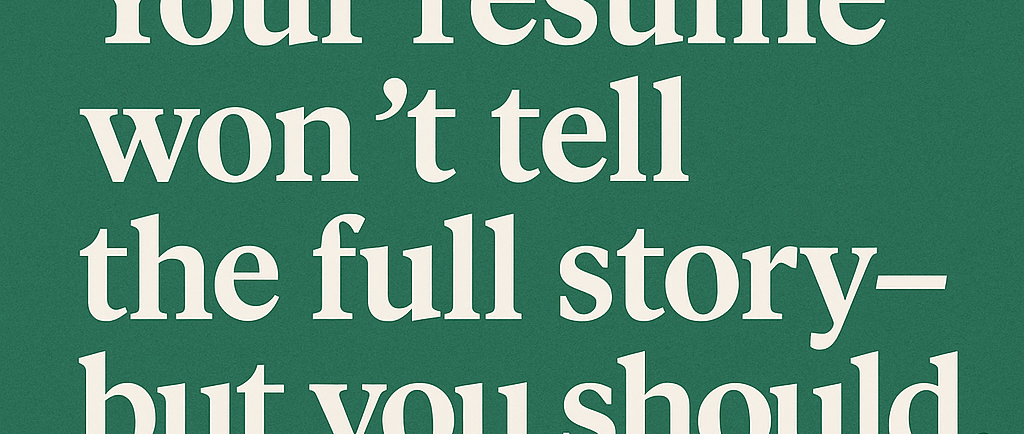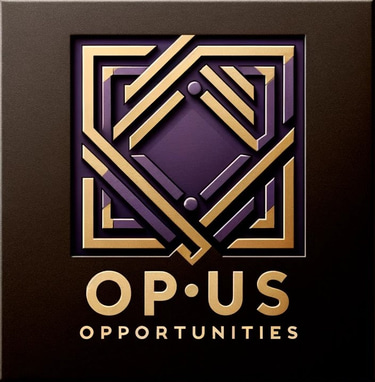Your Resume Won’t Tell the Full Story—But You Should
Why your personal story is the secret to making your career stand out
Kamy Charles
5/21/20251 min read


Your Resume Is Just the Beginning
A great resume shows what you’ve done.
But a great story shows who you are.
Think about it:
When you’re in an interview, they don’t just want to know what you accomplished.
They want to know why it mattered to you.
They want to know how you think, how you lead, how you’ve grown.
That’s where storytelling bridges the gap.
---
The Power of Story in Career Growth
Storytelling helps you:
Position your pivot
Build an authentic leadership brand
Connect with hiring managers on a human level
Create LinkedIn content that actually resonates
---
What a Resume Can’t Tell Them (But You Can)
The life event that taught you resilience
The failure that shaped your leadership style
The values you now refuse to compromise on
The reason you left a “dream job” that didn’t align
This isn’t fluff—it’s brand clarity.
---
Your One-Sentence Story Framework
Try filling this in:
“I help [who] do [what] by [how]—because I believe [why it matters].”
Examples:
“I help emerging leaders communicate with clarity and confidence—because I know what it’s like to feel unheard in the room.”
“I translate data into actionable insight—because I believe decisions should always be people-informed.”
So yes, polish your resume.
But also—own your story.
And if you need help turning your journey into a career-defining brand? Let’s work on it together.
